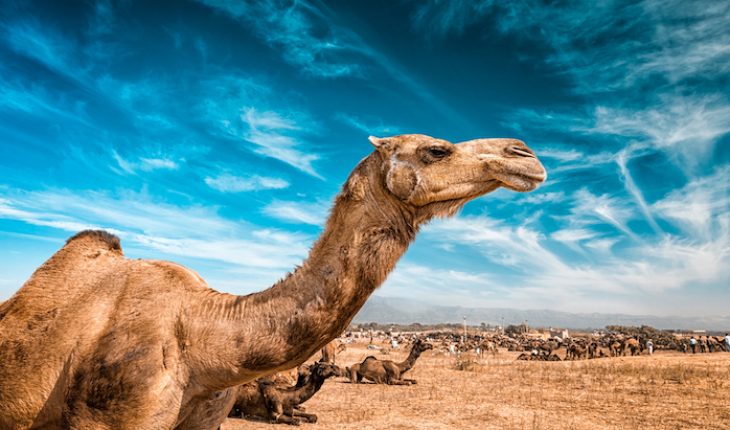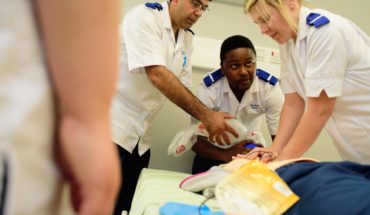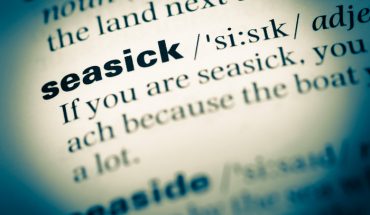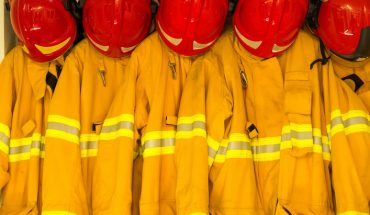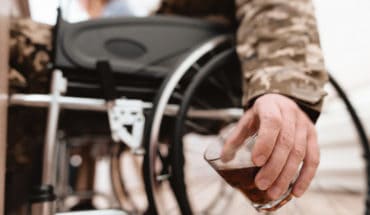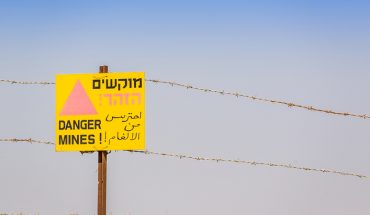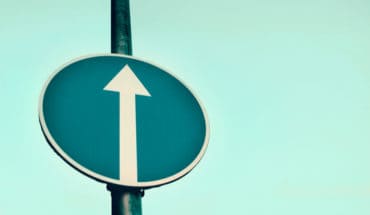I have always had a passion for the wilderness and high places. My first expedition was after leaving school when I joined a six-week trip to Kenya with British Exploring. As well as working in a small orphanage near Lake Naivasha, I got the chance to climb Mount Kenya and take 24 camels on a trek over 100km through the desert in Northern Kenya. I enjoyed the sense of adventure and being in such remote wilderness. Whilst I was a medical student, I went on a Wilderness Medical Training course in Chamonix. This inspired me to take the Diploma in Mountain Medicine which I later converted into a Masters degree in Clinical Science.
Since I qualified, I have taken every opportunity to practice my skills in the real world setting. I have worked as an expedition doctor on expeditions to the Himalayas as well as the Arctic and Antarctic. For the last two field seasons, I have travelled south with the US Antarctic Program, accompanying geologists and volcano experts conducting field work on an active volcano called Mt Erebus. I had to deal with physical problems such as frostnip (even in summer months temperatures can fall to minus 40 degrees centigrade) and a case of carbon monoxide poisoning. There is 24-hour daylight during the summer months which can disrupt normal sleep patterns. Sleep is also affected by high altitude. Mt Erebus is at nearly 4000m where there is significantly less oxygen available than at sea level. This makes working on Mt Erebus very physically demanding and it takes a few weeks to become well acclimatised. Mt Everest is at extremely high altitude at 8848m. This is known as the “death zone” because human beings cannot survive very long at these altitudes. There is now a medical clinic at Everest base camp where doctors deal with altitude related illness encountered on the mountain.
It is one of the expedition doctor’s jobs to work with the expedition leader in taking measures to keep expedition members safe, ensuring that potential risks are minimised. This includes conducting appropriate training prior to the expedition, educating expedition members regarding specific environment-related risks and pre-expedition medical screening of members. Mental health problems, in particular, can often be overlooked and exacerbated in an expedition environment where there may be a number of new stressors (such as cultural differences or being cut off from family and friends).
A good expedition doctor needs to be able to assert him or herself in a potentially stressful situation and try and avoid unnecessary conflict. Doctors who work in the wilderness setting also need to be resourceful, self-reliant and able to make independent decisions under pressure. A lot of the medical training I had previously received involved situations where help could be summoned easily. Even when I worked alongside the Mountain Rescue in Snowdonia, we could often rely on helicopters to evacuate casualties very quickly. However, this is not always possible in more remote places or on high mountains where the air is too thin. Instead, we must work out how to deal with the immediate life-threatening problems and arrange evacuations to safety.
We generally cannot provide general anaesthetics in the field without all the life support equipment we would have available in an operating theatre. However, it is possible to use local anaesthetics and splint fractures so that pain can be relieved. In some extreme cases, it may not be possible to do anything at all. As such, people who take part in expeditions need to understand the risks involved and that there are some health emergencies which we simply cannot deal with in the wilderness.
I am currently involved in teaching other young doctors who want to become expedition medics as a Faculty member of Wilderness Medical Training. WMT’s medic courses are run throughout the year in the Lake District, Chamonix and Morocco. I also give regular lectures to medical students and junior doctors which have included conferences at universities and the Royal Society of Medicine. Whilst expedition medicine is not a speciality in its own right, my personal experience in this field has been very rewarding and complemented my NHS training in Anaesthesia.
- Camels and codeine – wilderness medicine - 15th September 2016

